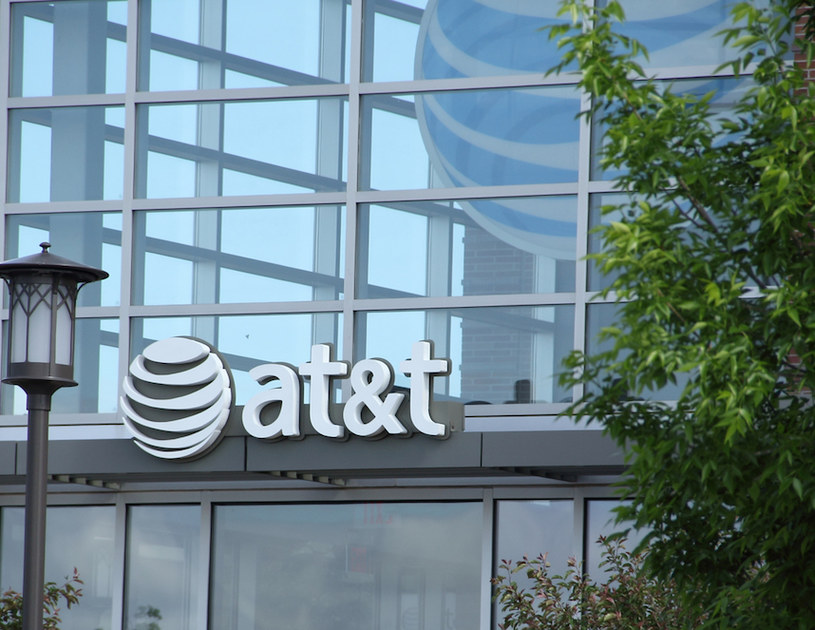Ninth Circuit Revives California Lawsuit Over Unwanted Hugs

County of Yolo, CA: The recent rash of assault allegations and actual charges against the Hollywood elite, actors, media personalities and even members of US Congress have succeeded in raising the bar when it comes to proper office and workplace decorum and behavior. The issue has become so sensitive and emotionally-charged that an unwanted hug can be interpreted – many say, correctly – as a form of sexual assault. One well-known Hollywood studio head has recently taken a leave of absence voluntarily in order to reflect on his habit of providing warm hugs at the office. For the employer in California, employees rights and compliance to labor laws speaking to sexual and physical harassment are of paramount importance.
Back in February Reuters reported on the revival of a 2012 lawsuit over unwanted hugs in the workplace. The lawsuit, revived by the US Ninth Circuit Court of Appeals, was resurrected long before the current spate of assault allegations aimed at the entertainment industry and the halls of government, was nonetheless prophetic of what is now an almost daily revelation in the headlines. The issue behooves the employer in California to not only be fully conversant with laws governing workplace conduct on a physical level, but to also ensure their employees are too. Further, any allegation of unwanted touching or physical interference regardless of how seemingly innocent – such as a hug – must be treated with the utmost seriousness and respect.
It was on February 23 of this year that a three-judge panel of the Ninth Circuit revived a sexual harassment case against Yolo County in California and county Sheriff Edward Prieto. The suit claims that Prieto created a sexually hostile work environment by greeting claimant Victoria Zetwick, a correctional officer, with “unwelcome hugs” over 100 times during the 12-year period she worked in the Sheriff’s Office.
Zetwick also asserted in her employees’ rights and compliance lawsuit that she witnessed the accused hugging, and planting kisses on numerous other female employees, but never once witnessed similar behavior towards a male employee in the office.
The accused responded by saying he did, indeed also show affection to male employees at the office; however the plaintiff was never around to witness that. The co-accused’s legal team also defended their client’s behavior by observing that provided Prieto did, indeed hug women more than men; it was due to “genuine but innocuous differences in the ways men and women routinely interact with members of the same sex and the opposite sex.”
The accused claims that his various hugs to the plaintiff lasted only for a few seconds at a time, was always conducted in front of other people and did not involve comments of a sexual nature or other unwanted touching.
The plaintiff countered that “chest to breast” hugs had “sexual overtones.”
Co-defendant Yolo County moved to have the lawsuit dismissed based on the County’s assertion that the conduct of its Sheriff was within the scope of “ordinary workplace socializing.” The District Court agreed and granted the defendant’s petition for summary judgement in 2014.
Zetwick however, who was so stressed over the workplace conduct of her supervisor that she was reduced to taking medication in order to get to sleep at night, appealed the ruling to The Ninth Circuit. This past February, the appellate court agreed to hear the case and revived the lawsuit.
“We reverse the grant of summary judgment in favor of the defendants and remand for a trial on the merits of Zetwick’s federal and state sexual harassment claims and her state claim of failing to prevent sexual harassment,” the decision said.
In sum, the recent revelations involving alleged assaults and unwanted touching have created an environment where the lines have been blurred between heinous and serious assaults and unwanted touching through abuses of influence and power, and seemingly innocent demonstrations of warmth in the workplace.
Beyond brushing up on what state laws have to say about sexual harassment and unwanted physical interference in the workplace, employers would be wise to consult with legal counsel for guidance and advice with regard to rapidly shifting parameters of what is acceptable, and what is not…
The lawsuit is Victoria Zetwick v. County of Yolo; Edward G. Prieto, Sheriff of Yolo County, Case No. 14-17341 DC No. 2:12-cv-02486-TLN-AC, in the US Court of Appeals for the Ninth Circuit.
Back in February Reuters reported on the revival of a 2012 lawsuit over unwanted hugs in the workplace. The lawsuit, revived by the US Ninth Circuit Court of Appeals, was resurrected long before the current spate of assault allegations aimed at the entertainment industry and the halls of government, was nonetheless prophetic of what is now an almost daily revelation in the headlines. The issue behooves the employer in California to not only be fully conversant with laws governing workplace conduct on a physical level, but to also ensure their employees are too. Further, any allegation of unwanted touching or physical interference regardless of how seemingly innocent – such as a hug – must be treated with the utmost seriousness and respect.
It was on February 23 of this year that a three-judge panel of the Ninth Circuit revived a sexual harassment case against Yolo County in California and county Sheriff Edward Prieto. The suit claims that Prieto created a sexually hostile work environment by greeting claimant Victoria Zetwick, a correctional officer, with “unwelcome hugs” over 100 times during the 12-year period she worked in the Sheriff’s Office.
Zetwick also asserted in her employees’ rights and compliance lawsuit that she witnessed the accused hugging, and planting kisses on numerous other female employees, but never once witnessed similar behavior towards a male employee in the office.
The accused responded by saying he did, indeed also show affection to male employees at the office; however the plaintiff was never around to witness that. The co-accused’s legal team also defended their client’s behavior by observing that provided Prieto did, indeed hug women more than men; it was due to “genuine but innocuous differences in the ways men and women routinely interact with members of the same sex and the opposite sex.”
The accused claims that his various hugs to the plaintiff lasted only for a few seconds at a time, was always conducted in front of other people and did not involve comments of a sexual nature or other unwanted touching.
The plaintiff countered that “chest to breast” hugs had “sexual overtones.”
Co-defendant Yolo County moved to have the lawsuit dismissed based on the County’s assertion that the conduct of its Sheriff was within the scope of “ordinary workplace socializing.” The District Court agreed and granted the defendant’s petition for summary judgement in 2014.
Zetwick however, who was so stressed over the workplace conduct of her supervisor that she was reduced to taking medication in order to get to sleep at night, appealed the ruling to The Ninth Circuit. This past February, the appellate court agreed to hear the case and revived the lawsuit.
“We reverse the grant of summary judgment in favor of the defendants and remand for a trial on the merits of Zetwick’s federal and state sexual harassment claims and her state claim of failing to prevent sexual harassment,” the decision said.
In sum, the recent revelations involving alleged assaults and unwanted touching have created an environment where the lines have been blurred between heinous and serious assaults and unwanted touching through abuses of influence and power, and seemingly innocent demonstrations of warmth in the workplace.
Beyond brushing up on what state laws have to say about sexual harassment and unwanted physical interference in the workplace, employers would be wise to consult with legal counsel for guidance and advice with regard to rapidly shifting parameters of what is acceptable, and what is not…
The lawsuit is Victoria Zetwick v. County of Yolo; Edward G. Prieto, Sheriff of Yolo County, Case No. 14-17341 DC No. 2:12-cv-02486-TLN-AC, in the US Court of Appeals for the Ninth Circuit.











No Comments